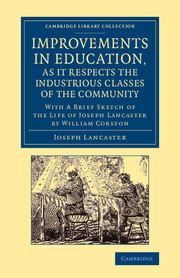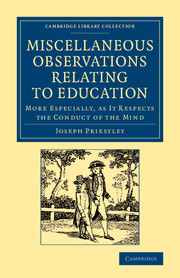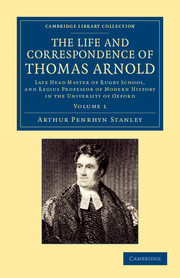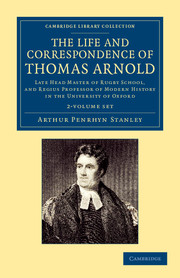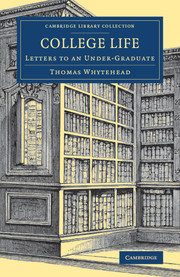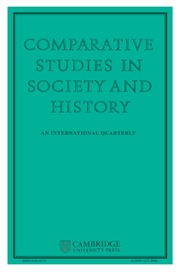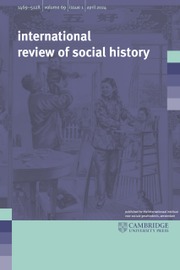Improvements in Education, as it Respects the Industrious Classes of the Community
The son of a shopkeeper, Joseph Lancaster (1778–1838) received little formal education himself. In 1798 he set up a school in Southwark, waiving fees for poor children. Originally published in 1803, this work sets out in detail the philosophy and practice of Lancaster's system of education, which relied on peer tutoring. He was always concerned with the education of the underprivileged in industrial cities, lamenting that 'poor children be deprived of even an initiatory share of education, and of almost any attention to their morals'. The early decades of the nineteenth century saw the peak of the popularity of Lancaster's system as his ideas spread and inspired the establishment of schools around the world. His book is still significant in the history of educational methods. This reissue of the revised third edition of 1805 incorporates a brief 1840 biography of Lancaster.
Product details
January 2014Paperback
9781108066341
358 pages
216 × 140 × 20 mm
0.46kg
Available
Table of Contents
- Part I. Improvements in Education: Advertisement
- Introduction
- 1. A short history of the free-school
- 2. Principles on which the institution is conducted
- 3. On the arrangements of the institution
- 4. Method of teaching the inferior classes reading
- 5. Improved method of teaching spelling by writing
- 6. A method of teaching to spell and read
- 7. Extempore method of spelling
- 8. An account of the improved method of instruction
- 9. Inspection
- 10. Emulation and rewards
- 11. Offences and punishments
- 12. Order
- 13. On female education and employment
- 14. Means of employing 50,000 children
- 15. An account of the state of those schools
- 16. Second class of schools
- 17. Hints for the reformation of the present system
- Appendix
- List of subscribers
- Part II. A Brief Sketch of the Life of Joseph Lancaster: Preface
- 1. Joseph Lancaster's birth and childhood
- 2. Joseph's first school, and its progress
- 3. Joseph becomes acquainted with the author
- 4. Joseph travels through the kingdom, lecturing on his system
- 5. Joseph's arrival in London
- 6. Joseph's second visit to Canterbury, and its results
- 7. Meeting of Joseph and Mr Fox at the author's house
- 8. Joseph goes to America.

